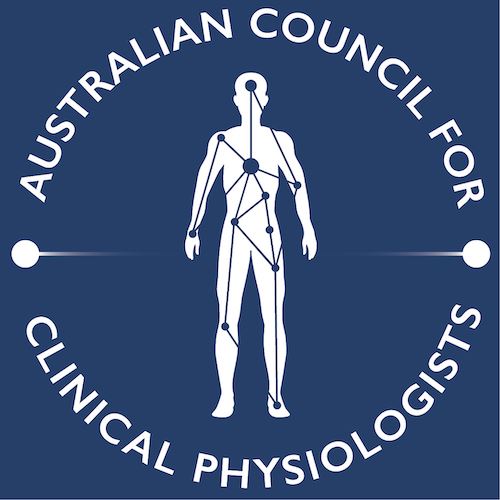 | OUR VISION |
ACCP Code of Ethics
Last updated: September 3, 2019
The Australian Council of Clinical Physiologists Ltd (ACCP) requires its members to discharge their duties and responsibilities, at all times, in a manner which professionally, ethically and morally compromises no individual with whom they have professional contact, irrespective of that person’s position, situation or condition in society.
The following statements, which constitute a Code of Ethics, are intended to act as clear guidance to all clinical physiologists in pursuance of their professional practice. These statements do not replace the principles and procedures adopted by employer organisations or relevant Federal, State or Territory legislation, nor do they deny other rights within society not specifically mentioned.
Confidentiality
- Beyond the permissible sharing of information with professional colleagues to facilitate patient care, clinical physiologists are to appropriately safeguard confidential information relating to patients and clients.
- The disclosure of confidential information is permissible when:
- there is a legal compulsion
- a patient/client gives informed consent.
- Clinical physiologists should observe relevant legislation relating to access of information e.g. Freedom of Information legislation; Privacy Act.
Respecting Patient/Client Rights
- Clinical physiologists have a responsibility to always promote the dignity, privacy, autonomy, and safety of all people with whom they come in contact in their professional practice.
- Clinical physiologists should observe relevant legislation relating to patient/consumer rights e.g. Australian Charter of Healthcare Rights.
Professional Development
- Clinical physiologists have an individual responsibility to maintain their own level of professional competence and must strive to improve and update their knowledge and skills.
- Clinical physiologists shall promote and maintain practice based on the current evidence-base, and contribute to this body of knowledge as appropriate.
- Clinical physiologists shall promote the understanding of their profession to the wider community.
- Clinical physiologists have a responsibility to contribute to the continuing development of their profession through their activities, including critical evaluation of professional practice, research, student education and staff development, continuing education and eligibility for membership of their relevant professional association.

